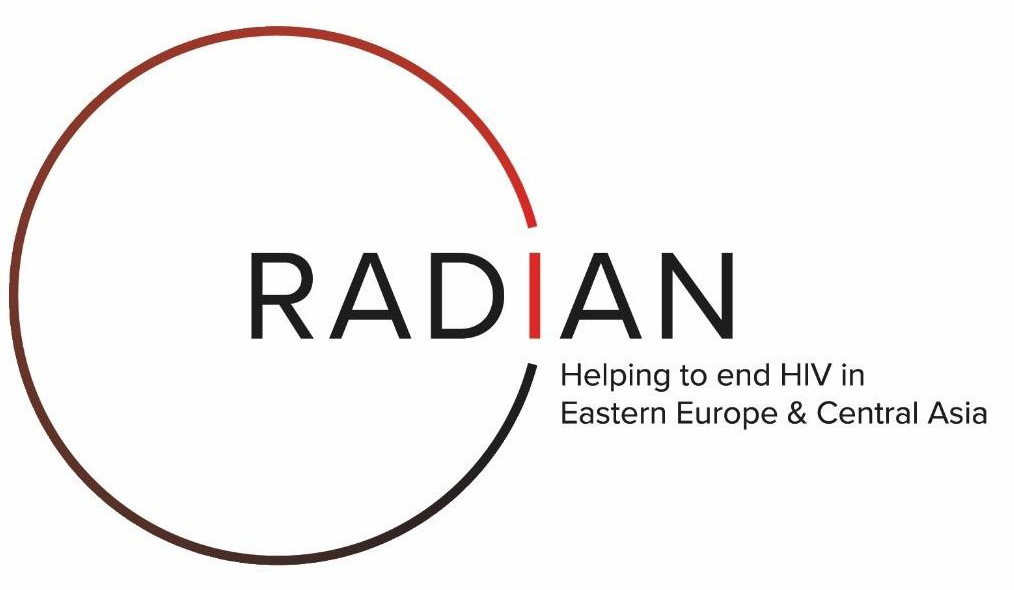Photo: Aris Messinis/AFP via Getty Images
DPNSEE Board member Marios Atzemis contributed to the article
“We know how to end AIDS”, published by Politico
Greece was never known for the quality of its health system. But in 2009, at least among drug users, HIV was not a major threat – just 15 were diagnosed with the virus that year.
Then came the financial crisis and the harsh austerity that followed. In 2011, another 256 drug users learned they had HIV. In 2012, the number was 484. The reason for the explosion: the Greek financial crisis and the harsh austerity measures that followed.
 Marios Atzemis was one of the Greek drug users diagnosed with HIV in 2011. He had been addicted to heroin and a regular in Athens’ open-air drug markets well before the crisis. Then in 2010, street services to help drug users stay safe lost a third of their funding. Atzemis stopped seeing the vans that used to distribute fresh syringes, even as new users were entering the scene, shooting newer, cheaper drugs.
Marios Atzemis was one of the Greek drug users diagnosed with HIV in 2011. He had been addicted to heroin and a regular in Athens’ open-air drug markets well before the crisis. Then in 2010, street services to help drug users stay safe lost a third of their funding. Atzemis stopped seeing the vans that used to distribute fresh syringes, even as new users were entering the scene, shooting newer, cheaper drugs.
“As a community of drug users, we didn’t have an effective means of defense,” said Atzemis, now a harm-reduction coordinator with the Association of People Living with HIV Greece Positive Voice) “It was very easy for us to be targeted and to be scapegoats.”
The doctor refused to put him on anti-AIDS antiretroviral medication until he got clean at a rehab clinic – even though the clinic was on the brink of being shut down for lack of funding.
For Atzemis, now 44, this was enough motivation to wean himself off the drugs. “It didn’t work the same for other people,” he said.
…
For better or worse, Greece shows that a country doesn’t need to fix its entire health system to deal with HIV. As a case in point, its progress on AIDS hasn’t translated into progress on correlated problems like hepatitis C. Those rates rose during the debt crisis and haven’t ebbed much; based on 2017 data, around 62 percent of drug users in Greece have tested positive for hepatitis C.
The crisis-era HIV outbreak marked “the first time that all the stakeholders – NGOs, state structures, every single one – worked together to face this epidemic,” said Atzemis. “And probably the last time.”
To read full article, follow this link>>>
 Aim of the campaign is to strengthen the voice and influence of national activists at the national level in articulating their advocacy priorities and drawing the attention of target audiences to the problems of key populations in relation to the catastrophic HIV/AIDS epidemic in the EECA region, in particular the impact of stigma, discrimination and criminalization on effective response measures to HIV/AIDS epidemic and mortality reduction.
Aim of the campaign is to strengthen the voice and influence of national activists at the national level in articulating their advocacy priorities and drawing the attention of target audiences to the problems of key populations in relation to the catastrophic HIV/AIDS epidemic in the EECA region, in particular the impact of stigma, discrimination and criminalization on effective response measures to HIV/AIDS epidemic and mortality reduction.


 The RADIAN ‘Unmet Need’ fund will support local initiatives across the EECA region. Initiatives selected will focus on prevention and care, education, community empowerment, and novel partnerships. The programme will be implemented locally, working with key stakeholders and partners.
The RADIAN ‘Unmet Need’ fund will support local initiatives across the EECA region. Initiatives selected will focus on prevention and care, education, community empowerment, and novel partnerships. The programme will be implemented locally, working with key stakeholders and partners.
 Marios Atzemis was one of the Greek drug users diagnosed with HIV in 2011. He had been addicted to heroin and a regular in Athens’ open-air drug markets well before the crisis. Then in 2010, street services to help drug users stay safe lost a third of their funding. Atzemis stopped seeing the vans that used to distribute fresh syringes, even as new users were entering the scene, shooting newer, cheaper drugs.
Marios Atzemis was one of the Greek drug users diagnosed with HIV in 2011. He had been addicted to heroin and a regular in Athens’ open-air drug markets well before the crisis. Then in 2010, street services to help drug users stay safe lost a third of their funding. Atzemis stopped seeing the vans that used to distribute fresh syringes, even as new users were entering the scene, shooting newer, cheaper drugs.


